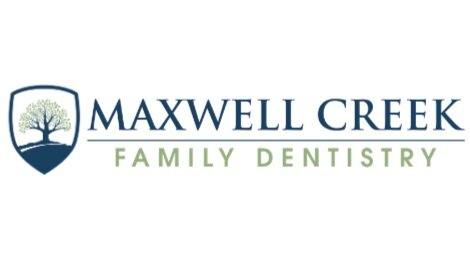TMJ/TMD Treatment
Do you experience frequent headaches, neck pain or stiffness, ear pain or clicking, and or tightness in the jaw? You may suffer with TMJ or TMD (temporomandibular).
Possible causes of temporomandibular joint disorder are:
Injury to the jaw, the joint or muscles of the head and neck, such as from a heavy blow or whiplash
Grinding or clenching your teeth
Dislocation of the ball and socket
Arthritis in the TMJ
Stress
Common symptoms include:
Pain or tenderness in your face, jaw joint area, neck and shoulders, and in or around the ear when you chew or speak
Problems when you try to open your mouth wide
Jaws that get "stuck" or "locked" in the open- or closed-mouth position
Clicking, popping, or grating sounds in the jaw joint when you open or close your mouth or chew
A tired feeling in your face
Trouble chewing or a sudden uncomfortable bite, as if the upper and lower teeth are not fitting together properly
Swelling on the side of your face
Treatment Options for TMD/TMJ:
Medications - Our approach to dentistry is to preventative, while we may prescribe medications when necessary, this will never be our first approach. Anti-inflammatories are available if you need them for pain and swelling,. we may suggest a muscle relaxer to relax your jaw if you grind or clench your teeth. Or an anti-anxiety medication to relieve stress, which may bring on TMD. In low doses, they can also help reduce or control pain.
A splint or night guard - This is a custom fit mouthpiece that fits over your upper and/or lower teeth to create space that will relax the jaw. These devices lessen the effects of clenching or grinding and adjust your bite by placing your teeth in a more desired position. Your dental provider will tell you which type you need.
Dental Procedures - Our dental experts can replace missing teeth and use dental implants, crowns, bridges or orthodontics to restore the biting surfaces of your teeth or to correct an issue with your bite.
Ultrasound. Deep heat applied to the joint can relieve soreness or improve mobility.
Trigger-point injections. Pain medication or anesthesia is injected into tender facial muscles called "trigger points" to give relief.
Radio wave therapy. Radio waves stimulate the joint, which increases blood flow and eases pain.
Talk to our experts at Maxwell Creek Family Dentistry about your options to treat TMJ or TMD. Schedule a consultation at here.


